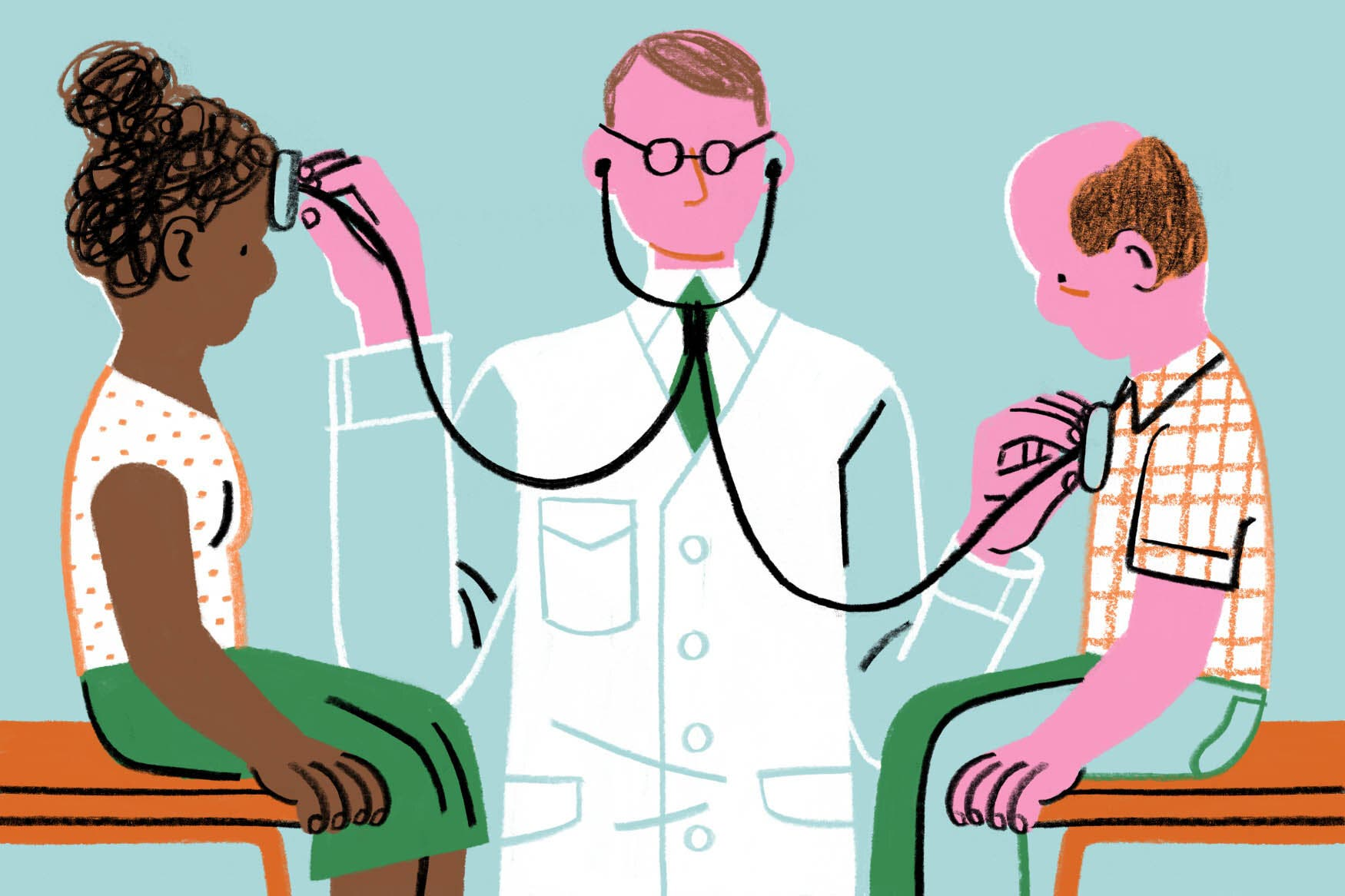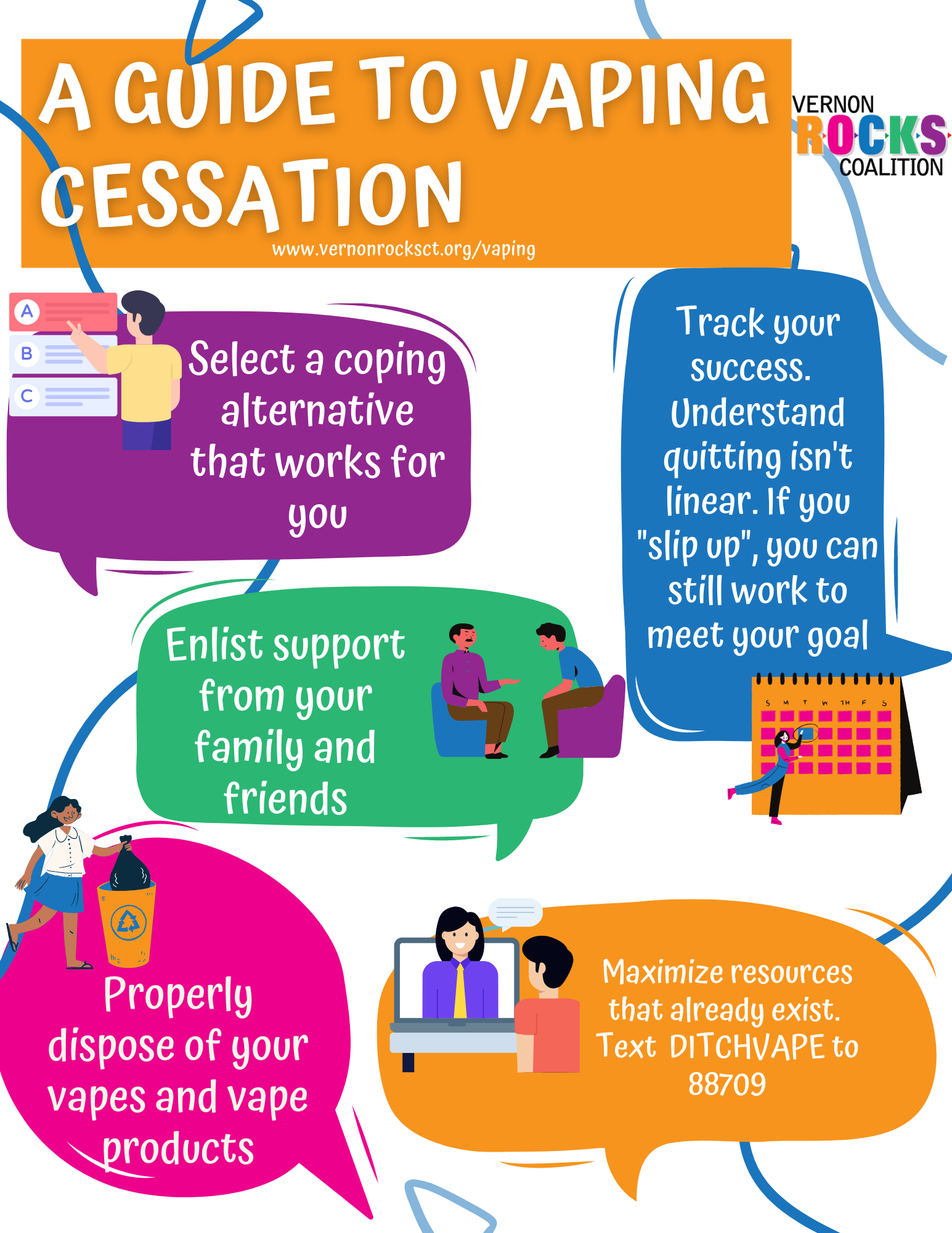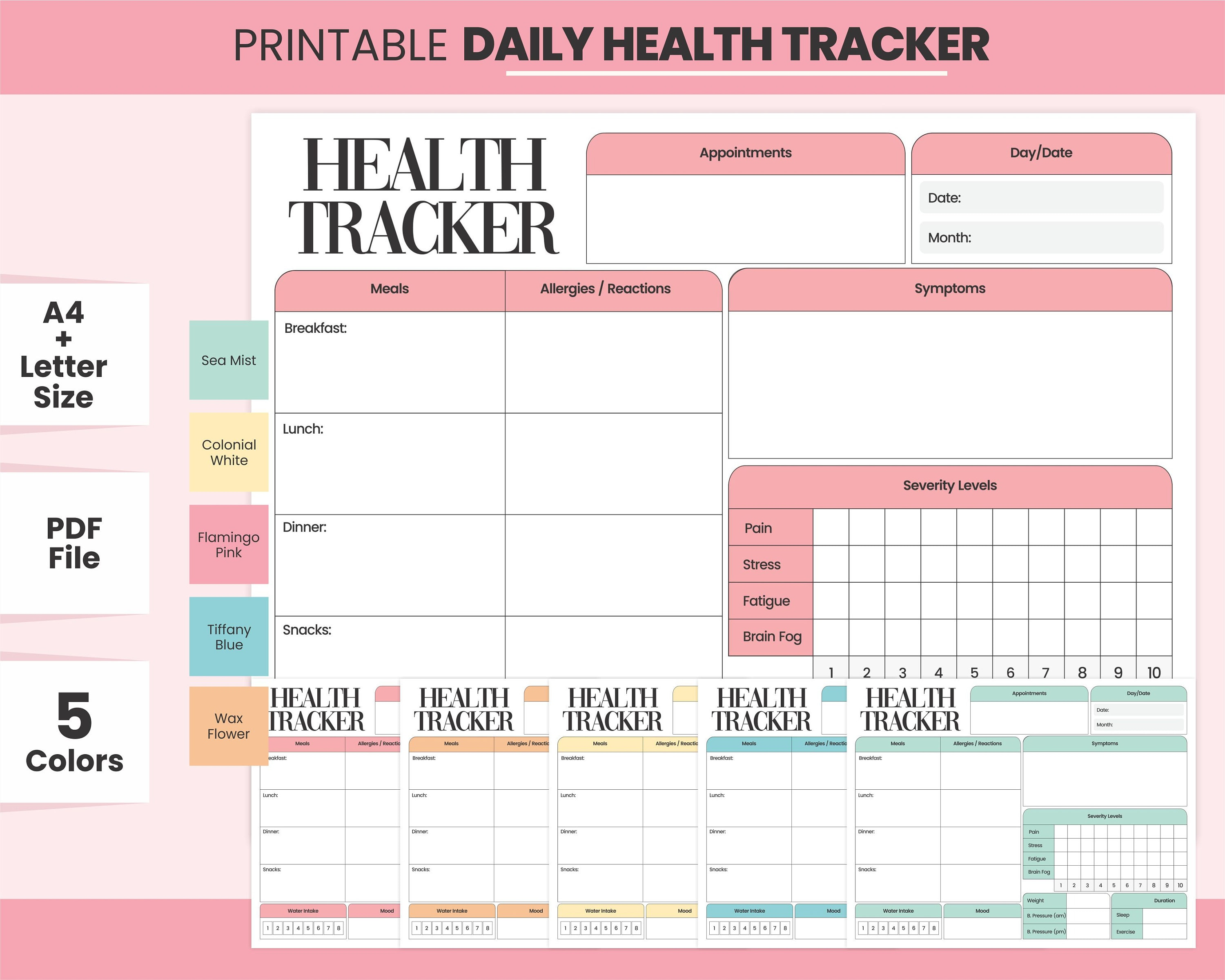
Medical Gaslighting: Understanding Its Impact on Patients
Medical gaslighting is an insidious issue in healthcare that affects countless patients seeking validation for their symptoms. Many individuals suffering from conditions like long COVID or irritable bowel syndrome often feel dismissed by medical professionals who fail to identify clear causes for their ailments. This lack of recognition can lead to feelings of frustration and disbelief, resulting in a breakdown of the doctor-patient relationship. The psychological impact of medical gaslighting can be profound, eroding trust and hindering effective healthcare communication. As healthcare providers face burnout and increasing pressures to manage large caseloads, it is vital to recognize the role of patient validation in fostering empathetic and constructive interactions.
The phenomenon often referred to as “medical invalidation” underscores a troubling trend where patients are left feeling unheard or misunderstood within the healthcare system. This term encapsulates scenarios in which doctors fail to acknowledge the legitimacy of patients’ experiences, particularly when clear medical explanations are lacking. Such dismissive attitudes can deteriorate the doctor-patient relationship, causing significant psychological distress and anxiety for patients. The rising awareness of this issue in public discourse, notably through social media, highlights the urgent need for improved healthcare communication strategies that prioritize empathy and understanding. Addressing the challenges faced by medical professionals, including burnout and the pressures of healthcare demands, is essential to mitigate the frequency of medical gaslighting and foster more supportive patient encounters.
Understanding Medical Gaslighting: A Deep Dive
Medical gaslighting refers to a situation where patients feel their concerns and symptoms are dismissed by healthcare providers, leading them to doubt their own experiences. This phenomenon can be particularly distressing when dealing with conditions that are not easily diagnosable, such as long COVID or irritable bowel syndrome. In the current healthcare landscape, the rise of social media has spotlighted these experiences, allowing patients to share their stories of feeling invalidated by medical professionals. As a result, the term ‘gaslighting’ has gained traction, leading to conversations about its implications within the doctor-patient relationship.
However, it’s essential to consider the intent behind such behaviors. Many healthcare providers do not deliberately set out to invalidate their patients; rather, they may lack the time or resources to thoroughly address complex medical issues. This pressure often leads to a quick-diagnose and treat mindset, where providers prioritize efficiency over empathetic communication. By recognizing the nuances of medical gaslighting and advocating for patient validation, healthcare professionals can foster a more supportive environment, ultimately improving the overall patient experience.
The Psychological Impact of Medical Gaslighting on Patients
Experiencing medical gaslighting can have significant psychological repercussions for patients. Being told that symptoms are ‘all in your head’ can lead to feelings of isolation, frustration, and self-doubt. Patients may find themselves questioning their own perceptions and experiences, which can exacerbate mental health conditions such as anxiety and depression. The importance of effective healthcare communication cannot be overstated—it plays a crucial role in validating patient experiences and building trust in the doctor-patient relationship.
Moreover, the psychological toll of being dismissed can make patients hesitant to seek further medical help, potentially delaying diagnosis and treatment for serious underlying conditions. As a result, it is imperative for healthcare providers to develop strong communication skills and a compassionate approach to patient care. By actively listening and validating symptoms, medical professionals can combat the negative psychological impacts of gaslighting, ultimately leading to better health outcomes and increased patient satisfaction.
Enhancing Healthcare Communication to Prevent Medical Invalidation
Improving healthcare communication is essential in preventing instances of medical invalidation. This includes taking the time to engage in meaningful conversations with patients, where their concerns are fully explored and acknowledged. Training healthcare staff in empathetic communication techniques can help bridge the gap between provider knowledge and patient experiences. Encouraging a dialogue that validates feelings can lead to a more trusting relationship, ultimately enhancing the quality of care provided.
Additionally, healthcare institutions can implement policies that prioritize thorough patient consultations over high-volume patient loads. By allowing more time for appointments and minimizing administrative burdens, providers can focus on building rapport with patients. This not only improves patient satisfaction but also provides healthcare professionals with a more comprehensive understanding of their patients’ needs, reducing the risk of miscommunication and medical gaslighting.
The Role of the Doctor-Patient Relationship in Care Quality
The doctor-patient relationship is a cornerstone of effective healthcare. A strong, trusting relationship enables open communication, where patients feel safe discussing their concerns and healthcare providers can respond thoughtfully. This rapport is especially vital in cases where symptoms may not align with conventional findings. When patients feel heard and validated, they are more likely to adhere to treatment plans and actively participate in their healthcare journey.
However, when this relationship is strained by time constraints and systemic pressures, the risk of medical gaslighting increases. Providers may unintentionally overlook the psychological aspects of care, leading to feelings of dismissal among patients. Therefore, fostering a collaborative environment where both parties respect each other’s perspectives is crucial in improving healthcare outcomes and reducing feelings of invalidation. Training programs that emphasize the importance of relationship-building can be valuable in transforming the healthcare landscape.
Recognizing the Symptoms of Healthcare Provider Burnout
Healthcare provider burnout is a critical issue that can greatly impact patient care. As providers face overwhelming caseloads, excessive paperwork, and time constraints, they risk becoming emotionally and physically drained. This state of exhaustion can lead to diminished empathy towards patients, which may manifest as medical invalidation or difficulty in effective healthcare communication. Recognizing the signs of burnout is essential for both providers and administrators to address underlying systemic issues.
Implementing strategies to combat burnout—such as support systems, realistic workload expectations, and work-life balance initiatives—can drastically improve the care environment for both patients and providers. By ensuring healthcare professionals feel valued and supported, we can create an atmosphere that promotes adequate attention to patient experiences, ultimately reducing the likelihood of occurrences like medical gaslighting. Addressing provider wellness not only supports individual health but also enhances the overall quality of patient encounters.
Pathways to Foster Patient Validation
Patient validation is a crucial concept that encourages acknowledging and respecting patient experiences and symptoms. Validating a patient’s feelings can significantly impact their overall experience within the healthcare system. Effective validation involves actively listening, empathically responding, and showing genuine concern for their health issues. When patients feel validated, they are more likely to share critical information about their symptoms, leading to better clinical outcomes.
Healthcare systems can incorporate validation techniques into their training programs, equipping medical professionals with the tools they need to listen actively and respond compassionately. This shift in mindset towards patient-centric care can dismantle barriers caused by misunderstanding and medical gaslighting. Creating a culture that prioritizes patient validation fosters trust and enhances the therapeutic alliance, ultimately creating a robust healthcare environment where patients feel cared for and respected.
The Impact of Systems on Health Provider Interactions
Healthcare systems greatly influence how providers interact with patients, often determining the quality of communication and care delivery. Administrative demands and financial pressures can distract providers from delivering empathic care, leading to rushed appointments and inadequate patient consultations. These systemic issues contribute to a heightened risk of medical gaslighting, where patients feel their concerns are sidelined due to time constraints and paperwork.
To improve patient-provider interactions, it is essential that healthcare organizations review their policies, focusing on reducing burdens and prioritizing patient engagement. By restructuring systems to allow for longer appointment times and less administrative overhead, providers can focus more on understanding their patients’ unique stories. This shift not only benefits patient experiences but also enhances job satisfaction for healthcare professionals, potentially alleviating some of the burnout caused by unrealistic expectations.
Developing Empathy in Healthcare Practices
Empathy is one of the most essential qualities in healthcare, as it allows providers to connect with patients on a human level. Educating medical students and professionals about the importance of empathy in practice can lead to more meaningful patient interactions. When providers develop empathetic communication strategies, they can better navigate complex cases and reduce the risks associated with medical gaslighting.
This approach involves actively engaging with patients, asking open-ended questions, and validating their feelings, which fosters a collaborative environment. By creating a space for genuine dialogue, healthcare professionals are more likely to uncover underlying issues and understand the broader context of their patients’ health concerns. Fostering empathy within healthcare practices not only improves patient experiences but also enhances the overall quality of care.
Advocating for Systemic Changes in Healthcare
Systemic change is essential for reducing occurrences of medical gaslighting and enhancing overall patient care. Advocacy for policies that prioritize patient-centered care is critical in transforming healthcare environments. This includes pushing for regulations that reduce administrative burdens for healthcare providers, allowing them to dedicate more time and attention to their patients. By addressing these systemic issues, we can cultivate a culture that prioritizes compassionate care and patient validation.
Engaging stakeholders—from healthcare providers to policymakers—can significantly impact how care is delivered at all levels. Encouraging dialogue among these groups about the importance of psychological impacts on patients can help frame solutions that foster stronger doctor-patient relationships. Ultimately, advocating for meaningful change within the healthcare system paves the way for a more effective and compassionate approach to patient care.
Frequently Asked Questions
What is medical gaslighting and how does it impact the doctor-patient relationship?
Medical gaslighting refers to healthcare providers’ dismissive attitudes where patients feel their concerns and experiences are invalidated. This often occurs when doctors can’t find a concrete medical reason for symptoms, leading to disconnection in the doctor-patient relationship. Such behavior can severely affect patient validation, as patients may feel unheard or misunderstood, further exacerbating their conditions.
How can patient validation prevent medical gaslighting in healthcare?
Patient validation involves recognizing and affirming patients’ experiences and concerns. When healthcare professionals actively listen and engage with patients, it mitigates the risk of medical gaslighting. By fostering clear communication and empathy, medical professionals can reinforce trust in the doctor-patient relationship, ensuring patients feel valued and understood.
What are the psychological impacts of medical gaslighting on patients?
Patients who experience medical gaslighting may suffer from heightened anxiety, depression, and feelings of isolation. The psychological impact can lead to a loss of trust in medical professionals, further complicating their health journeys. Acknowledging and addressing these experiences through improved healthcare communication can significantly aid in their emotional recovery.
How does healthcare communication contribute to the phenomenon of medical gaslighting?
Effective healthcare communication is essential in preventing medical gaslighting. When communication is clear, compassionate, and patient-centered, it fosters a collaborative environment. However, poor communication can lead to misinterpretations, where patients feel ignored or invalidated, thus facilitating medical gaslighting and harming the doctor-patient relationship.
What role does healthcare professional burnout play in medical gaslighting?
Healthcare professional burnout can significantly contribute to medical gaslighting. When providers experience high levels of stress and fatigue, they may lack the empathy and patience needed for meaningful patient interactions. This can lead to quick dismissals of patient concerns, creating scenarios where patients feel their experiences are unjustly invalidated, ultimately harming their health outcomes.
What strategies can healthcare systems implement to reduce medical gaslighting?
To reduce medical gaslighting, healthcare systems should prioritize training in empathetic communication for medical professionals, improve patient validation processes, and reduce administrative burdens that lead to burnout. By fostering an environment that values time for patient interactions and offers support to healthcare providers, organizations can enhance the overall quality of care and patient satisfaction.
How can patients advocate for themselves to combat medical gaslighting?
Patients can combat medical gaslighting by advocating for their needs through open dialogue with their healthcare providers. Keeping a detailed record of symptoms, asking questions about treatment options, and seeking second opinions can empower patients. An informed and engaged approach can encourage more respectful and validating interactions within the healthcare system.
What are the ways to differentiate between medical gaslighting and medical invalidation?
Medical gaslighting traditionally implies intent to deceive, while medical invalidation occurs inadvertently when providers fail to acknowledge patient experiences due to time constraints or stress. Understanding this distinction is crucial for improving healthcare communication and fostering more compassionate and validating practices among medical professionals.
| Key Point | Details |
|---|---|
| Definition of Medical Gaslighting | Medical gaslighting refers to the phenomenon where patients feel dismissed or invalidated by healthcare providers, often regarding hard-to-diagnose conditions. |
| Intent vs. Invalidation | Psychologist Alexandra Fuss argues that many cases labeled as medical gaslighting lack intent to deceive and may better be described as ‘medical invalidation’ instead. |
| Role of Work Pressure | High caseloads and associated pressures can lead healthcare providers to rush through appointments, which may result in patients feeling unheard or dismissed. |
| Impact of Doctor-Patient Interaction | Due to time constraints, doctors may not have the capacity to offer empathetic responses, which can enhance feelings of invalidation among patients. |
Summary
Medical gaslighting is a significant issue within healthcare, affecting how patients experience their interactions with providers. The term broadly encompasses the feelings of dismissiveness and lack of validation that patients often encounter, particularly concerning complex health conditions. As professionals like Alexandra Fuss suggest, addressing the terminology—focusing on ‘medical invalidation’ rather than assuming ill intent—can lead to improved understanding and better communication between patients and healthcare providers. Awareness of the pressures that physicians face can also pave the way for necessary changes in the healthcare system, ultimately aiming to foster a more compassionate approach to patient care.


